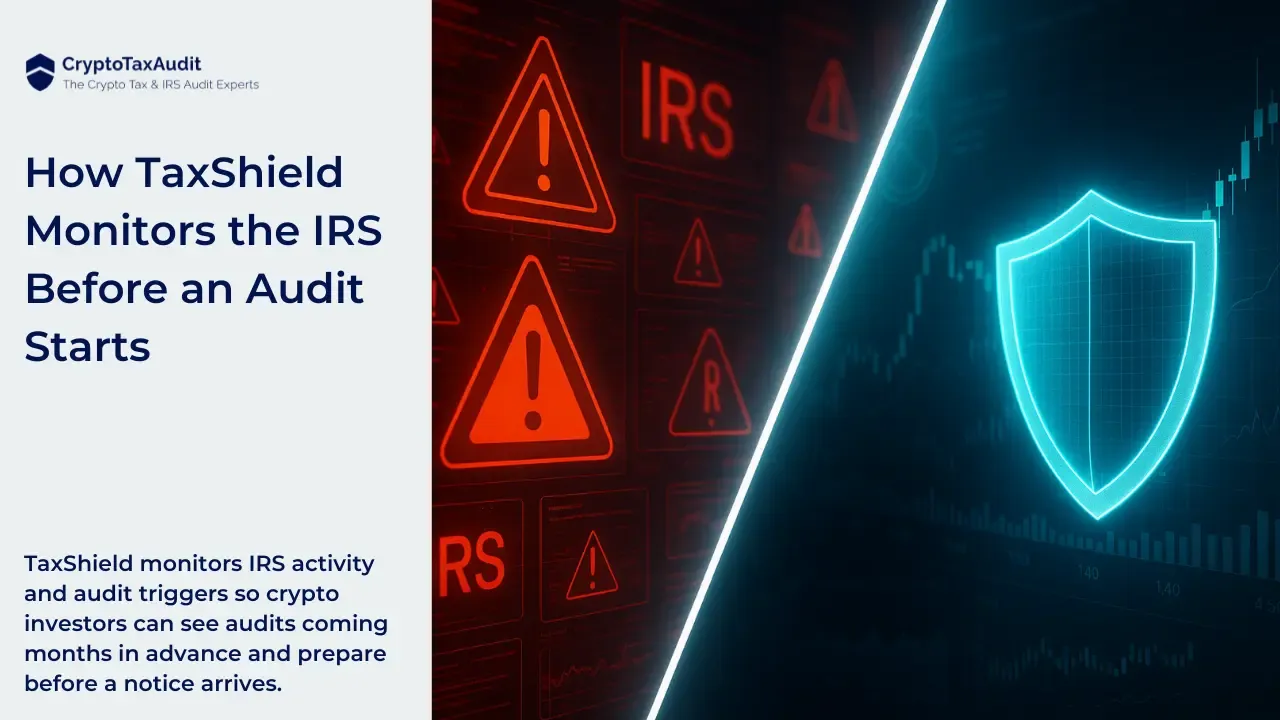
Many crypto traders lost money due to the unexpected closures of FTX, Celsius, BlockFi, and others. The Terra LUNA collapse of its primary coin and its stablecoin UST also caused substantial losses. Learn how you can report these losses as theft losses on your tax return for preferred tax treatment. (TCDS-04)
Did you get stung?
Did you get stung by the closures of FTX, Celsius Network, or BlockFi? Were you invested in Terra LUNA or its UST stablecoin? Read on to learn how these losses can be categorized as theft losses on your tax return. And, learn how these losses have a silver lining by reducing the taxes you owe.
Thefts, rug pulls, and scams.
Thefts, rug pulls, and scams are common risks for cryptocurrency traders. It hurts to lose your assets, but there is a silver lining.
Claiming a theft loss of an investment can save you a fortune on your tax bill. In fact, claiming theft losses is the third plank of our bulletproof crypto tax return methodology, the methodology that the team at CryptoTaxAudit uses in preparing crypto tax returns. There are certain requirements though to be able to claim a theft loss.
To prove a theft loss, you have to prove that the asset was taken. And, you have to prove that it was taken with criminal intent.
For hacks, rug pulls, and anonymous scams, this can be hard to prove. It can be challenging to prove that digital assets were stolen with criminal intent, which is a key determinant of whether you can claim a theft loss.
An alternative approach, if you can't prove theft, is to claim these as capital losses as though you sold them for $0. But that's not as beneficial as claiming a theft loss.
The Madoff provision.
In 2009, in response to the Bernie Madoff Ponzi scam which defrauded investors of billions of dollars, the IRS created a safe harbor procedure for claiming theft loss.
A safe harbor is a special procedure. If you follow the safe harbor procedure, then you can claim your losses as theft losses. And, it will be easier to pass an audit if you're selected by the IRS which is becoming more likely for crypto owners.
To prove criminal intent, the promotors of the theft must be charged by a government with theft in criminal or civil court, at either the federal or state level.
If so, then you can then claim your loss as an itemized deduction. Specifically, you can claim 75% of the funds you invested or reinvested, less any withdrawals. You can even claim 95% if there is no chance of any recovery of the investment.
A client lost $140,000 in a scam.
I had a client who lost $140,000 in a scam where the promoter got indicted. She only had a taxable income of $90,000 for the tax year. However, by itemizing the theft loss, she reduced her taxable income to $0. And, she was left with a $50,000 net operating loss to carry over to the following year. That’s a pretty exciting silver lining for an otherwise painful loss. And, it's much better than the $3,000 maximum loss you can claim in any tax year from capital losses you experience, which is normally how you need to account for crypto losses.
If you claim the standard deduction and don’t itemize, then you need to consider if this safe harbor is worth the effort, because you can’t deduct theft losses unless you itemize.
How do you claim a theft loss?
A theft loss is sometimes called a Ponzi-type loss. However, it doesn’t have to be a Ponzi scam to qualify as theft. Any criminal fraud theft that meets the safe harbor conditions qualifies.
To claim the loss, you must complete Part C of Form 4684 to report the amount stolen. This amount then gets recorded on Schedule A as an itemized deduction.
For the technical details on claiming theft losses, view the IRS Revenue Procedures 2009-20 and 2011-58.
A word of warning.
Not all tax preparation software supports this procedure. Software like TurboTax, H&R Block, and other software used by many solo tax preparers do not support this procedure. It's not even an option in the software!
Does your loss qualify?
Let’s look at some recent crypto theft cases and see if this procedure applies.
Did you lose assets when the FTX exchange closed down?
As I stated earlier, you can save money on your taxes if you itemize deductions and treat your FTX crypto losses as theft losses. That's become the cryptos lost at FTX qualify for the safe harbor criminal theft loss deduction.
Why? Because Sam Bankman-Fried (SBF) was indicted for criminal fraud and conspiracy to defraud customers and creditors by electronic means, among other charges. IRS Revenue Procedure 2009-20 allows you to claim an itemized deduction of 75% of that investment loss.
Did you lose assets when the Celsius Network closed down?
Again in this case, you can save money on your taxes if you itemize deductions treating your crypto losses as theft losses.
Why? Because Alex Mashinsky, the head of the Celsius Network, was indicted in the State of New York for defrauding investors out of billions of dollars in digital currency by concealing the failing health of his now-bankrupt cryptocurrency lending platform. IRS Revenue Procedure 2009-20 allows you to claim an itemized deduction of 75% of the investment loss.
Did you lose assets when Terra UST and LUNA collapsed?
In the case of Terra UST and LUNA, you could save money on your taxes if you claim your losses as itemized deductions.
Why? One reason is that it might qualify that the promoter Do Kwan was indicted for criminal fraud in South Korea. This may satisfy the requirements of tax code section 165 and the IRS Revenue procedure 2009-20. A second reason would be if it is shown that SBF's alleged criminal activities involved manipulating and defrauding Terra investors. If you claim this as a theft loss, the IRS lets you claim an itemized deduction of 95% of the investment loss, since this loss is not recoverable.
Did you lose assets when BlockFi filed for bankruptcy?
You could save money on your taxes again in the case of BlockFi if you itemize deductions.
Why? Since SBF's Alameda Research fraudulently offered a $250M funding agreement to BlockFi, then it could be argued that he engaged in defrauding BlockFi investors. If you claim this as a theft loss, the IRS lets you claim an itemized deduction of 75% of the investment loss.
Regarding all theft losses, the available deduction is based on the amount invested, not the value at the time of the loss.
The breadth of SBF's alleged fraud
The breadth of investments that SBF touched with his alleged fraud is so extensive that loss in many other investments may also be eligible for safe harbor treatment as a theft loss.
Misinformation alert.
Many tax advisors and tax guides published on crypto tax software sites incorrectly state that taxpayers can’t claim theft losses of crypto assets. What they fail to understand is that personal casualty losses defined in tax code section 165(h)(3) don’t apply to transactions entered into for profit. And of course, that's what crypto investing is: transactions entered into for profit.
Apart from this safe harbor procedure, assets tied up in a bankruptcy proceeding cannot be claimed as losses until the judge disposes of the asset in bankruptcy protection. Unfortunately, this can take many years. Just ask the folks who lost bitcoin in the MtGox collapse in 2014. As of summer 2023, which is 9 years later, they are still waiting for their money!
Protect yourself.
Whatever you choose to do, be sure that you are taking the steps to protect yourself against the growing scrutiny of the IRS and its focus on crypto audits. CryptoTaxAudit provides Audit Defense membership plans that provide the monitoring and protection you need as a crypto investors.
Take your deductions.
It's legal to follow IRS procedures to claim the maximum deductions that you are entitled to receive. There's no need to pay more than you owe!
DISCLAIMER: Opinions and perspectives of the author, host, and guests. It should not be construed as U.S. taxpayer advice. There are often multiple interpretations of tax law. Various strategies may be suited to specific individuals and for particular situations. Seek out professional tax, legal, or financial advice from CryptoTaxAudit or from other reputable companies.





